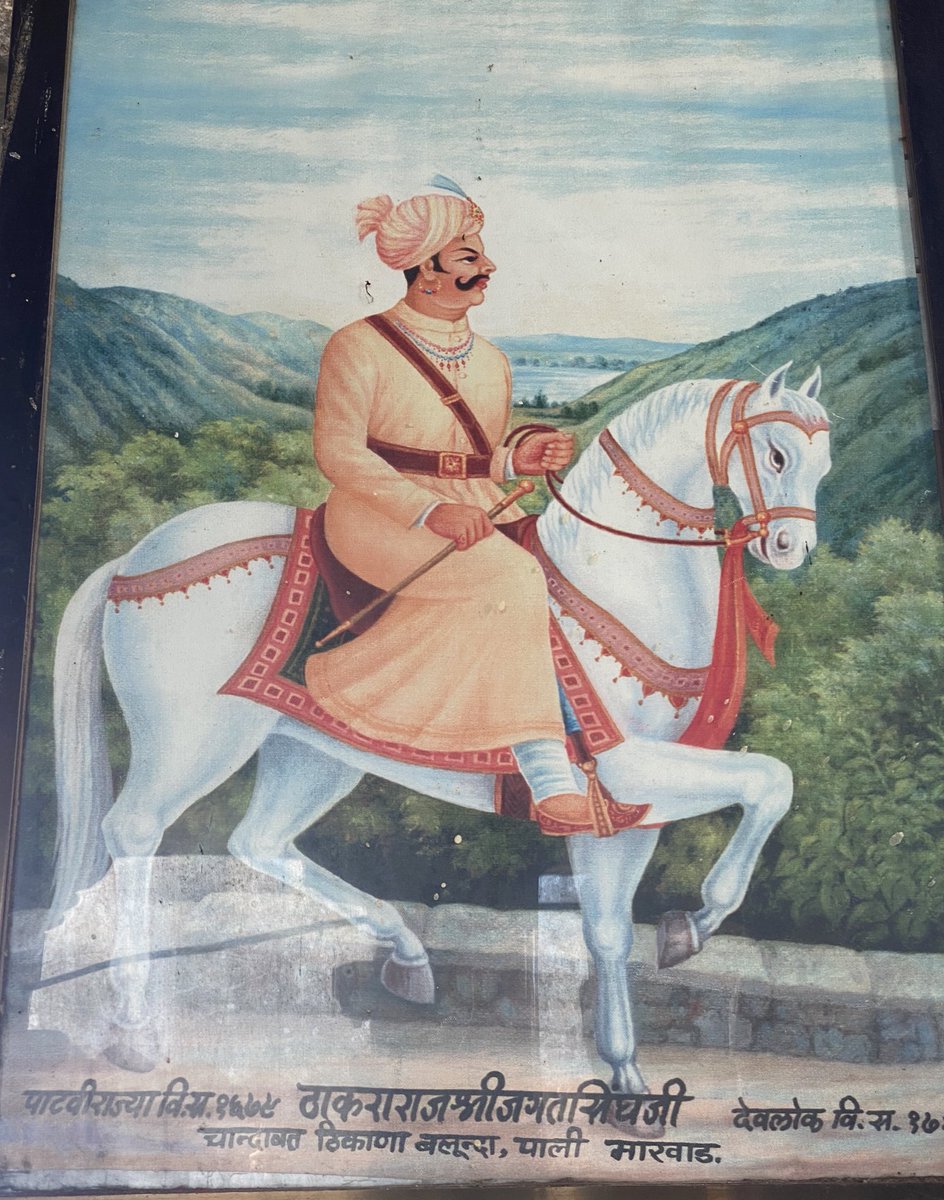
This is what happens when you believe stories manufactured over time, instead of reading history.
If #MaharanaPratap was facing such hardships after the battle of Khamnor #Haldighati , then what was the need for Akbar to come over Mewar, just 4 months later in Oct 1576?
If #MaharanaPratap was facing such hardships after the battle of Khamnor #Haldighati , then what was the need for Akbar to come over Mewar, just 4 months later in Oct 1576?
https://twitter.com/TheSusBoss/status/1344634804231229445
If Mughals had actually won the battle, then why they were holed up and forced to starve in Gogunda for months later? Rajputs and Bhils were constantly harassing Mughals, attacking mughal supply routes. Mughals were living like prisoners, confined in Gogunda.
GH Ojha:
GH Ojha:

If #MaharanaPratap was forced to eat grass rotis after the battle, then who was issuing grants of villages within 3 months of the battle, that too for the villages which were located beyond Khamnor?
#MaharanaPratap issued grants for 2 villages, Sathana and Pipli in Sep, 1576 from Kumbhalgarh. A month later, he issued grant for village of Mohi. All this while Mughals were holed up in Gogunda.
👇 map to show location of these villages and of Mughals, after the battle.
👇 map to show location of these villages and of Mughals, after the battle.

All these fictional stories of #MaharanaPratap eating grass rotis and his family facing hardship were manufactured later, taken mostly from Tod's annals and have no truth in that. 

• • •
Missing some Tweet in this thread? You can try to
force a refresh













